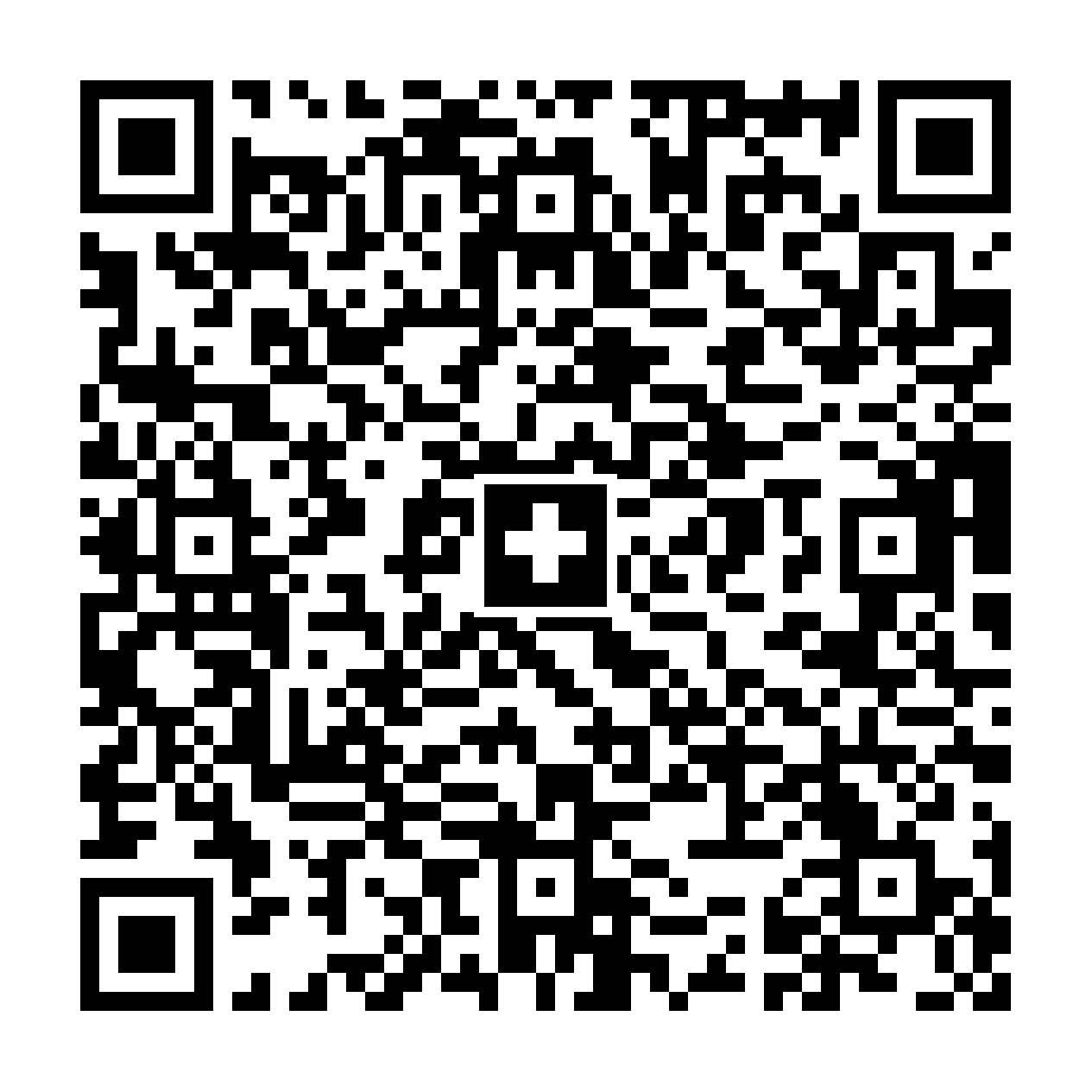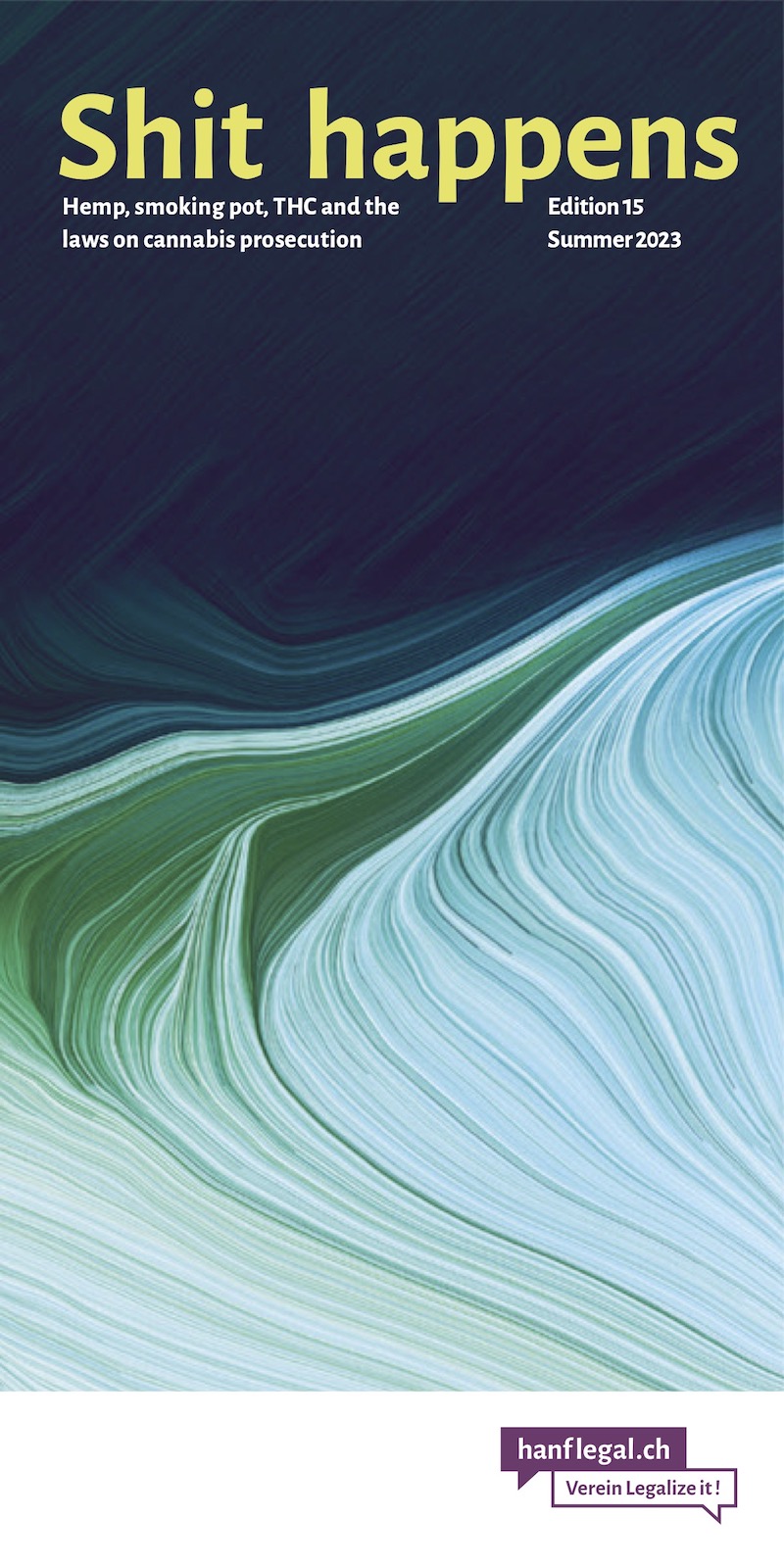- THC & Law:
The main topics from our legal advice
The figures of the persecution statistics give an impression of the quantity of repression. Here I would now like to give an impression of the concrete nature of prosecution in order to also illustrate the quality of the repression.
Never do victims call our legal counsel because of a fixed penalty (for police-detected consumption, 100 francs). Such a fixed penalty seems to be simply paid for and does not give rise to any questions. I would be surprised to know what the forms look like in the different cantons.
The import of hemp seeds, on the other hand, has been a standard request since 2015. Customs intercepts the envelopes and reports the ordering parties to the authorities in their canton of residence. The range of police response is still very wide.
In 2021, for example, I had a case in the city of Bern where a house search was immediately carried out for an order of a handful of seeds. The person concerned had no criminal record, yet five officers and a dog were on duty early in the morning - and found nothing. An enormous effort!
On the other hand, there was a case from Aargau, where an officer rang the bell of the person concerned and presented a form for the waiver/destruction of hemp seeds. This was signed by the orderer of the seeds - and he never heard anything more from the authorities. Not even a confirmation of the discontinuation of the proceedings was sent. A strange but efficient procedure.
From the city of Geneva, on the other hand, I had cases where simply a fine of 500 francs, plus fees of 200 francs was sent, without any questioning. The persons concerned then had to decide whether to simply transfer the high amount (and thus declare themselves guilty) or to go through the effort of an appeal. Those affected preferred to pay.
From Baselland, there were cases where a non-acceptance order was issued (i.e., no criminal proceedings are opened and no costs are charged). This seems to be the case especially with smaller amounts of hemp seeds, with larger ones (probably from about 20) there is then a written questioning.
This also happens again and again in the canton of Zurich, where in such cases often also telephone or written summonses are made to a police interrogation.
We see federalism at work here in Switzerland in a very concrete way. Although the Narcotics Law is a Swiss law, the criminal prosecution is cantonal. This leads to a wide range of possible consequences for one and the same offense, depending on the canton, the police corps and sometimes even the public prosecutor.
The detection of THC in the blood of drivers has serious consequences. Mind you, this is simply the detection of traces of THC, not the detection of a relevant impairment. Even if the examination in the hospital does not reveal any abnormalities, one is still considered unfit to drive if the 1.5 micrograms of THC per liter of blood are reached, which is quite possible after an abstinent night or a pot-free day.
Many affected people drive for years without any abnormalities and feel safe. Until it happens: A routine check, something disturbs the police, the quick test is positive (for degradation products of THC), then a blood withdrawal is ordered. The consequences are drastic: you have committed a misdemeanor, so you are entered in the criminal register and the costs quickly exceed 2,000 francs.
Then follows the road traffic office, which wants a driving suitability examination (costs of over 1'500 francs). Complete abstinence must be proven (always negative urine samples). The preparation for such an examination makes up a large part of our legal consultations (how to prepare, what to say). Especially people who are professionally dependent on a driver's license have to become completely clean here and are no longer allowed to consume any hemp products (even legal ones, such as hemp cooking oil), because urine tests become positive extremely quickly.
Support our work with a donation:
Bank transfer
Account number (IBAN):
CH02 0900 0000 8709 1354 3
Full account details
Or scan this QR code with your eBanking App (ZKB, Revolut, Postfinance, …):

Or open/share the QR code as PDF file with your eBanking App.
Credit card
Donate via credit card
Verein Legalize it!
Quellenstrasse 25
8005 Zürich
Threema ID 7NH65RBY
Don’t miss anything! Follow us on social media:
